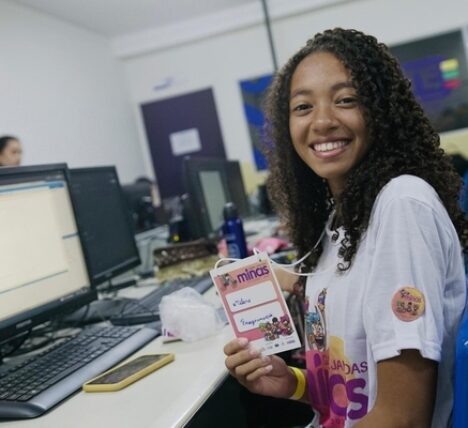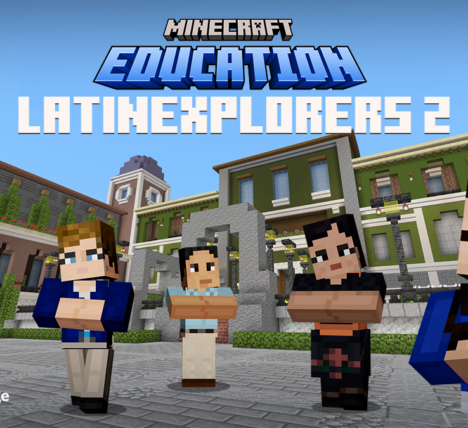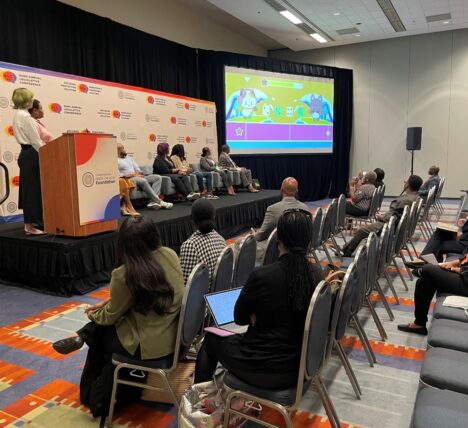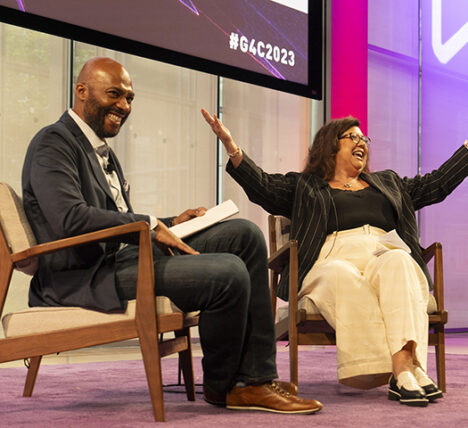Games Should Represent the Global Player Community
The video game industry is deeply invested in making games reflective of – and accessible to – the more than 3 billion players around the world.
There’s a “gamer” stereotype, but it’s simply not accurate. The video game community is vast and diverse. Two thirds of Americans—people of all ages, ethnicities, races, gender identities and backgrounds—play video games. U.S. video game players are about as likely to be female as male, and the majority of players are over 18 years of age. And in fact, this number is growing. In 1999, players over the age of 50 only made up 9% of the total; by 2024, they represented 29%.
The video game industry is committed to creating games that represent the entire player community.
Because we know everyone plays video games, we are committed to ensuring there is a game for everyone. Unlike other forms of entertainment with defined scripts and storylines for all its characters, video games are a unique medium that often empower players to decide who and what they want to be. This can take the form of creating an avatar to reflect who the player is – or wants to be. It can also look like no character at all – simply a player taking control of a race car or a first-person adventure as themself.
A growing number of game developers and publishers offer a wide range of character and avatar options, ranging from skin tones, hair colors and textures, pronouns, jewelry, tattoos, mobility aids and many more.
Roughly one in four Americans – or 61 million people – live with a disability that impacts life activities, such as mobility, cognition, hearing or vision. Our industry is committed to providing a positive game experience for all gamers through accessibility features and hardware.
We feel a deep obligation to not only listen to the player community about what they need to have positive experiences with games that reflect who they are, but also to care for our workforce, which brings their heart and soul to work everyday in order to create the experiences that entertain the world.
Cultivating the Talent Pipeline
We are committed to creating work environments that encourage and welcome everyone. ESA member companies design and implement policies and practices that create welcoming workplaces, while also striving to create opportunities for new voices to develop games. We believe assembling teams of creators from a variety of backgrounds and experiences is not only a good thing to do – it’s the right thing to do.
The industry is focused on creating opportunities for new voices, including through mentorship programs, scholarships and grants. These initiatives foster new talent and ensure that distinct viewpoints are considered when conceptualizing video games.
These efforts are working. Today, 70% of Americans agree that video games can bring different types of people together, and 74% say that video games provide accessible experiences for people with different abilities.


























